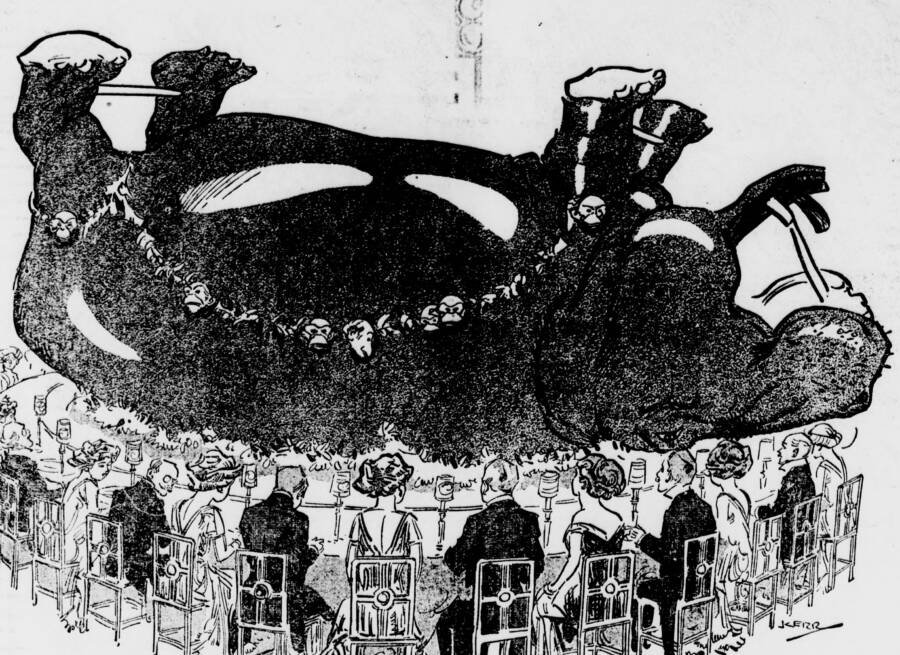When the United States was experiencing a meat shortage in 1910, a Louisiana politician named Robert Broussard suggested an unusual new food source: hippos.
Today, the average American consumes almost 70 pounds of beef per year and almost 100 pounds of chicken. But those numbers could have been quite different.
A century ago, American policymakers pushed for a different source of meat: hippos. In 1910, a Louisiana politician introduced a bill to bring hippopotamuses to the country in the hopes that they would eat invasive plants and alleviate a meat shortage.
To supporters of the bill, which included former president Theodore Roosevelt, the idea wasn’t all that crazy. There was, after all, a long history of importing animals to the continent, as early settlers to North America had brought horses and cows, and Americans later imported Russian reindeer to replace dwindling caribou herds.
As for hippos, the thinking was that their enormous size could provide ample amounts of meat at a time when meat had become more expensive. And as Louisiana Representative Robert F. Broussard told his colleagues, hippos could eat water hyacinths, an invasive species that was causing havoc across ecosystems in the South.
In fact, hippos weren’t the only animal that Broussard wanted to introduce. Antelopes, buffalo, yaks, and even rhinoceroses were also on the menu. As The New York Times wrote at the time, “the giraffe, with the purest flesh, free of uric acid, that would live on the scrub of our deserts; the elephant, the camel, and the zebra are just a few of the many foreign animals that can be domesticated here for useful labor and for food.”
So why aren’t Americans eating hippos — or other exotic animals — today?

Library of CongressA newspaper cartoon that ran during the debate over the Hippo Bill.
Though Broussard put together a panel of experts, and though newspapers across the country debated the issue of “lake cow bacon,” there was ultimately little appetite to add exotic animals to the American diet. Broussard’s bill gained little traction in 1910, and he never reintroduced it after that. When the United States entered World War I, national attention was diverted elsewhere, and U.S. policymakers never revisited the Hippo Bill.
That was probably for the best. Broussard’s experts didn’t quite understand the nutritional value of water hyacinths, which the hippos were meant to eat and eradicate, nor did they seem to understand the impact that hippos would have on the ecosystem.
As such, the United States — aside from zoos — remains hippo-free today. But it wasn’t for lack of trying.
Learn more about the music used in our podcast. History Uncovered is part of the Airwave Media network. Learn more about your ad choices by visiting megaphone.fm/adchoices.






